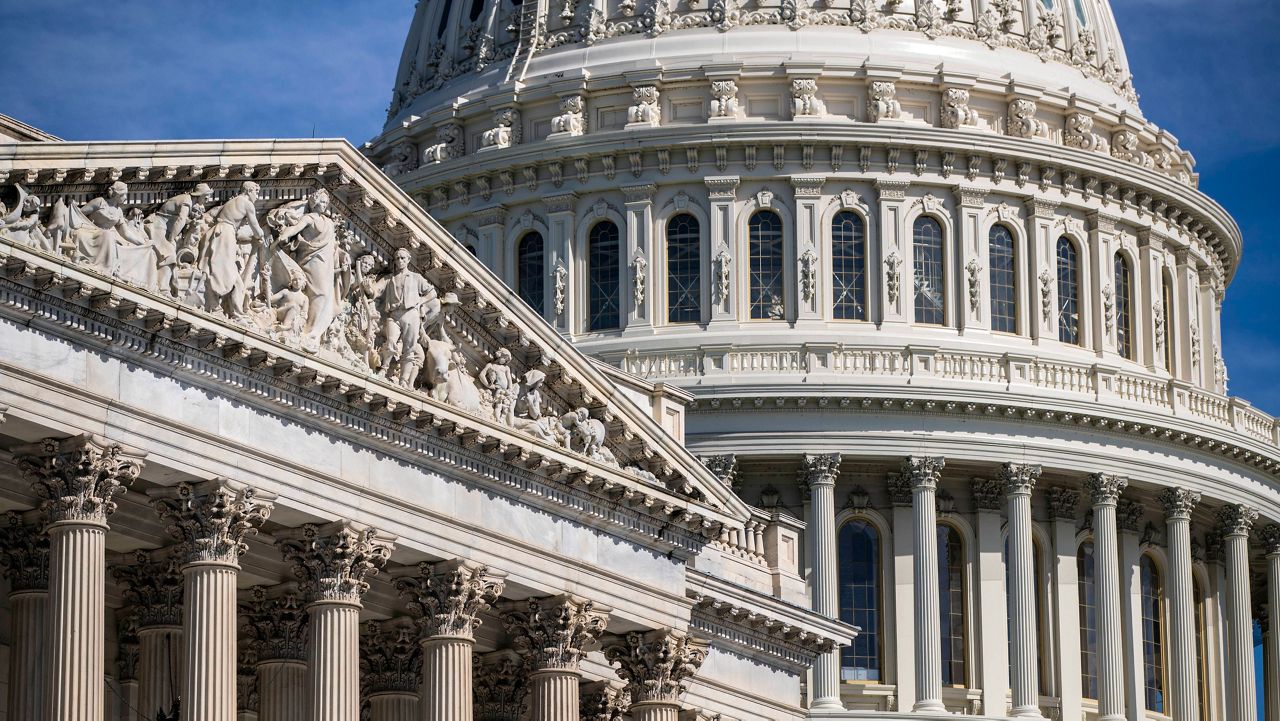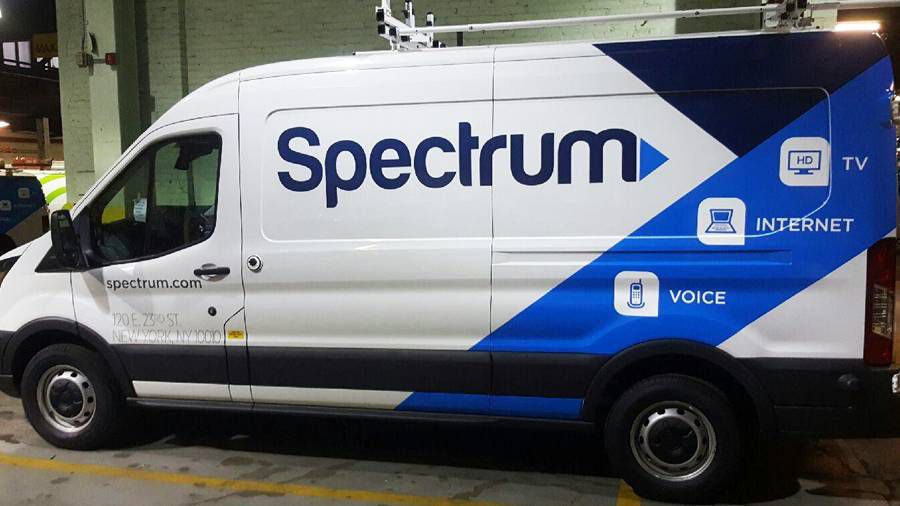As the effects of President Donald Trump’s tariffs begin to bite, the personal finance website NerdWallet released a tariff impact calculator Monday. The calculator is designed to help small-business owners figure out the tariffs’ impact on the cost of goods they import and how to set prices.
“We know small businesses have already gone through a tough time over the past couple years, and the situation with tariffs has made things even more challenging for them,” NerdWallet small-business expert Randa Kriss told Spectrum News.
Following global supply chain disruptions during the COVID-19 pandemic, then inflation, many small-business owners are now faced with navigating on-again, off-again tariffs. Kriss said NerdWallet is hoping the calculator will help small businesses better quantify the tariffs’ effects in an ever-changing trade environment.
A free tool that’s designed to be practical and easy to use, the calculator includes inputs for unit costs, import quantities and shipping costs, as well as the current prices they are charging and the tariff rates they will be charged.
For business owners who may not know the exact tariff rate for a trading partner, the calculator includes a tariff tracker to look it up. After plugging in all the data and clicking the green “calculate” button, users are then presented with a total tariff paid and the amount of tariff paid per unit.
The calculated price includes the item’s costs with and without tariffs, including the gross profit and gross profit margin. Users can also set their desired profit margin percentage and see what price they would need to charge to reach that profit margin after factoring in the tariffs.
There are about 33 million small businesses that employ nearly 62 million people in the United States, according to the U.S. Office of Advocacy within the Small Business Administration. While all types of businesses are affected by the tariffs Trump enacted last month, small businesses are more vulnerable because they’re less able to absorb increased costs.
Kriss said many small-business owners are beginning to include line items on the goods they sell that include the tariffs’ impacts. She said others are offering lower prices now to encourage their customers to buy before tariffs force them to increase prices in the future.
Last week, the White House condemned Amazon over a report that said the e-commerce giant planned to display the added cost to products resulting from the tariffs. Amazon said it had only considered the idea for some products but was not moving forward with it.
Unlike Amazon, "an advantage small-business owners might have right now as opposed to big retailers is they have a more personal relationship with their customers,” Kriss said. “They might have more customer loyalty and are community focused, so when they say, ‘Hey, customer base, we have to raise our prices right now because we import some of our products from overseas,’ some who are loyal to their business might appreciate that transparency.”












